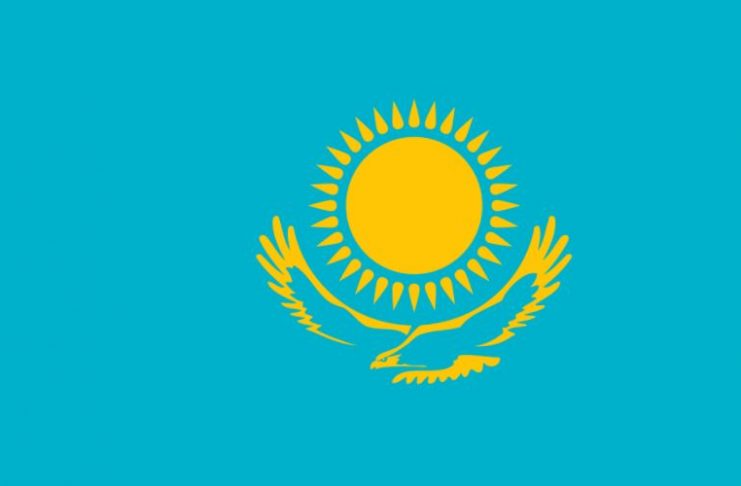Kazakhstan has officially entered the stablecoin market with the launch of Evo (KZTE), a digital asset tied to the national currency, the Tenge.
The announcement was part of the National Bank of Kazakhstan’s program to test new digital assets and financial technologies in a controlled environment.
Collaborative Effort with Global Partners
Evo, a new stablecoin, is issued through a joint effort by Intebix, a crypto trading platform, and Eurasian Bank. Global tech players Solana and Mastercard are also on board.
Solana provides blockchain infrastructure, while Mastercard will connect KZTE with international stablecoin issuers and payment networks.
Intebix founder T. Dossanov calls the partnership a key milestone for Kazakhstan’s digital economy. He stressed that the project combines local financial expertise with global blockchain and payments technology.
Active Role of the Central Bank
Unlike many countries where private firms lead stablecoin projects, Kazakhstan’s central bank is directly involved. The regulator is not issuing the token itself but is providing the legal and operational framework for its development.
“This is the first time a central bank has played such a proactive role in stablecoin issuance,” Dossanov noted. Officials argue this approach strengthens regulatory oversight while allowing innovation to flourish.
Purpose and Real-World Use Cases
The Evo stablecoin seeks to create a bridge between digital assets and traditional finance. Key applications include expanding the crypto-to-fiat channel, making exchanges more seamless, and supporting transactions through crypto-linked cards.
By enabling direct use in payments, the stablecoin could help businesses, fintech firms, and consumers interact more efficiently across the financial system. The initiative also highlights Kazakhstan’s intention to promote blockchain-driven solutions that can compete on a global scale.
A Milestone for Kazakhstan’s Digital Economy
At the launch event, National Bank Governor Timur Suleimenov called Evo “Kazakhstan’s first stablecoin denominated in our national currency”. He added that blockchain technology and digital assets could enhance financial inclusion, improve payment systems, and boost economic growth.
Suleimenov also emphasized the need to strike a balance between innovation and regulatory stability. According to him, Evo’s pilot project will test both the technology and the safeguards needed to protect consumers.
Broader Strategy: From CBDC to Stablecoins
The stablecoin launch is part of a broader national strategy. In 2023, Kazakhstan introduced its central bank digital currency, the digital Tenge, which improved processes such as VAT reimbursements.
Earlier this year, authorities also approved the use of USD-pegged stablecoins, such as Tether USDT, for regulatory fee payments.
Kazakhstan has also emerged as one of the leading global hubs for Bitcoin mining. The country accounted for approximately 13% of global mining power. This position gives Kazakhstan a unique influence in the global digital finance ecosystem.
DisClamier: This content is informational and should not be considered financial advice. The views expressed in this article may include the author's personal opinions and do not reflect The Crypto Basic opinion. Readers are encouraged to do thorough research before making any investment decisions. The Crypto Basic is not responsible for any financial losses.



